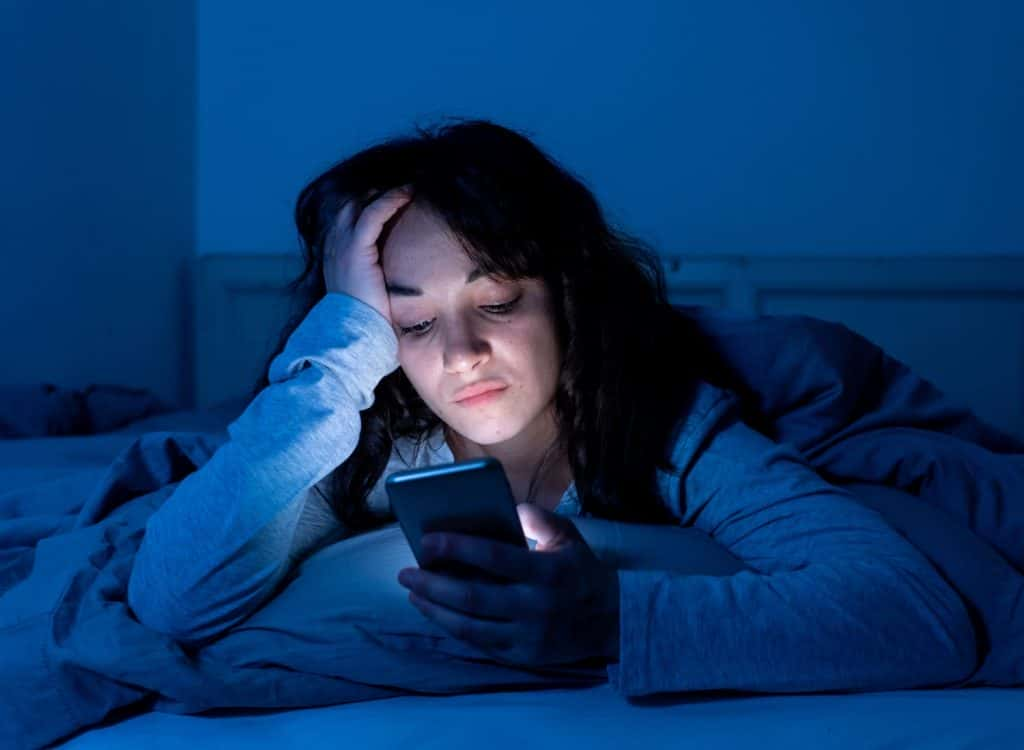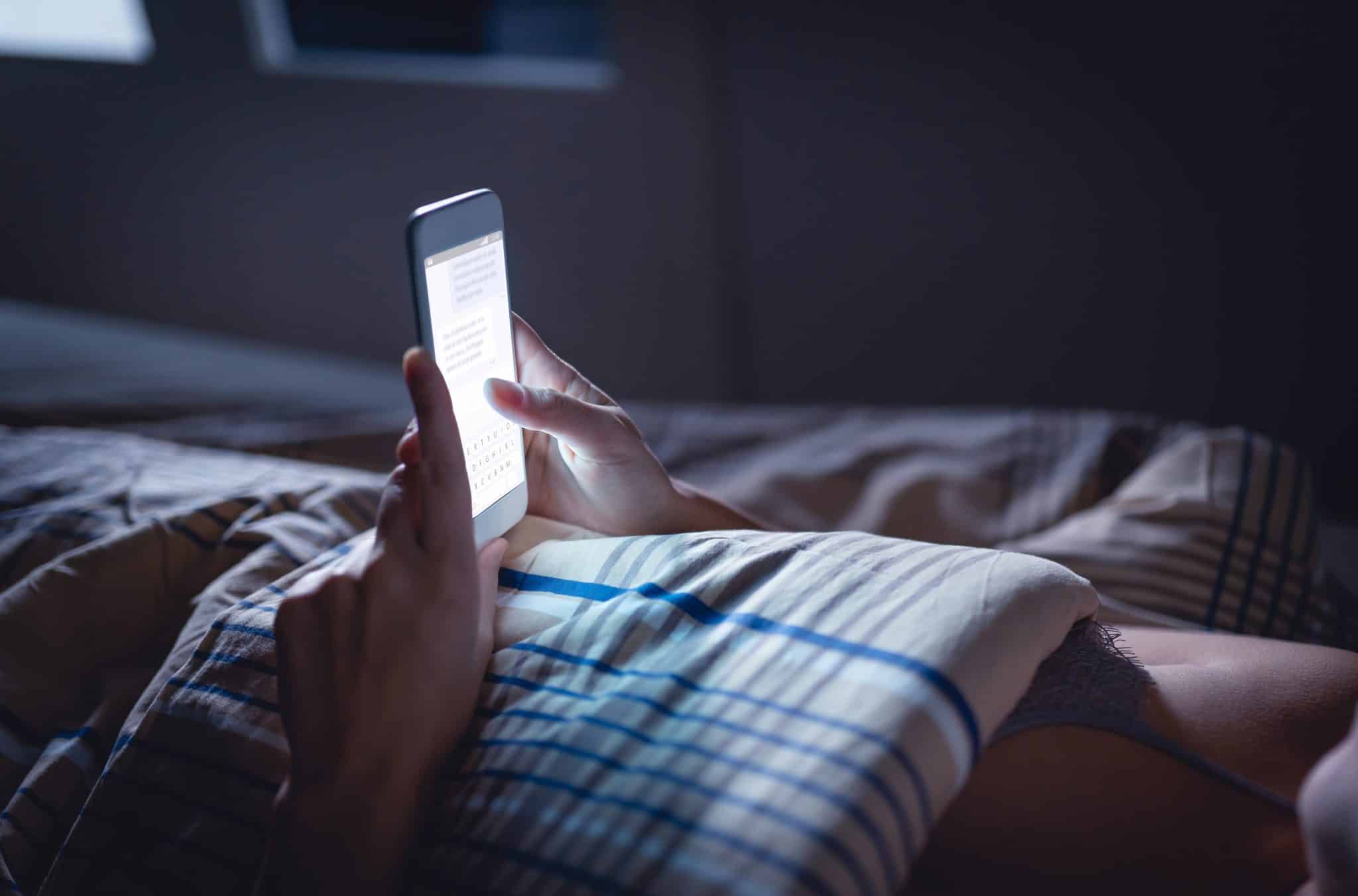How does too much screen time cause people to lose sleep after staying up later than planned due to various social media activities?

Too Much Screen Time Can Cause People to Lose More Sleep Due to Various Social Media Activities
Too much screen time at night reportedly can cause people to lose more sleep after staying up later than planned due to various social media activities, wherein too much screen time takes the hours they should have already been sleeping.
According to a report published in US News, too much screen time starts when an individual is tempted to scroll more on their social media applications or watch another episode of their favorite drama, not realizing that they are already getting too much screen time.
With too much screen time, individuals might experience harmful effects on their health due to fewer hours of sleep they get as too much screen time continues to delay their sleep and keep their brain busy for the entire day instead of resting.
READ ALSO: How Symptoms Of Too Much Screen Time Increase Possibility Of Developmental Delays For Young Children
Things to Remember to Have Better Sleeping Routine Following Increasing Cases of Too Much Screen Time at Night
Following the increasing cases of too much screen time, you should remember things that will guarantee you a better sleeping routine, including taking a warm bath, making a sleeping schedule, or writing journals before going to bed.
You should also be consistent with disconnecting from electronic devices or turning off your notifications to avoid checking your cell phone or gadgets all the time and reduce too much screen time, HCP Live reported.




